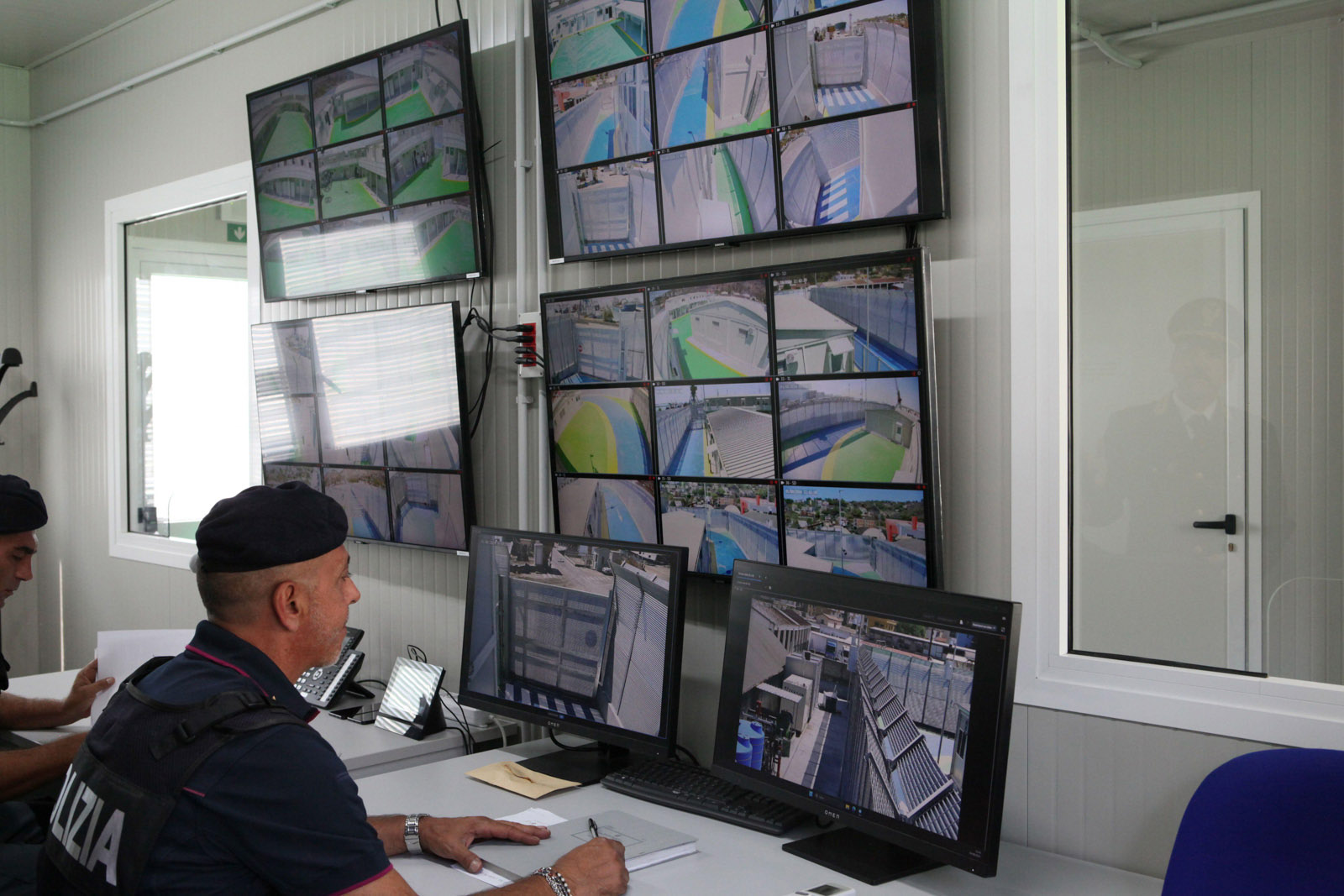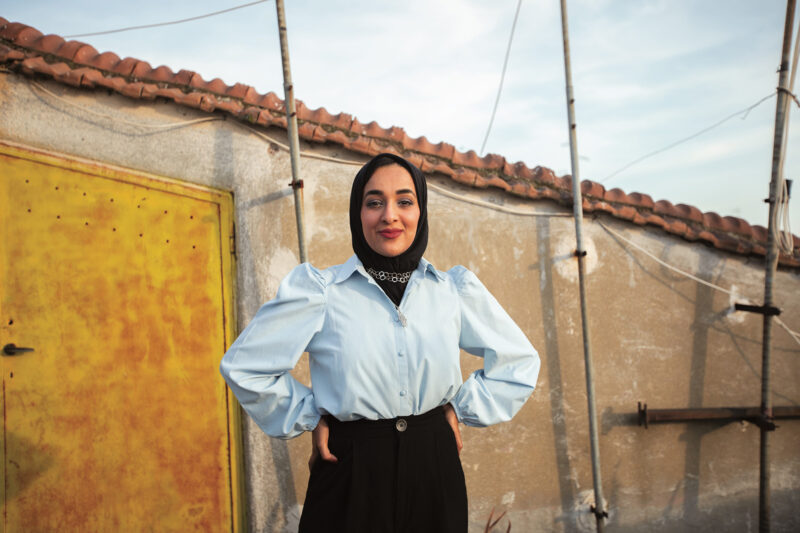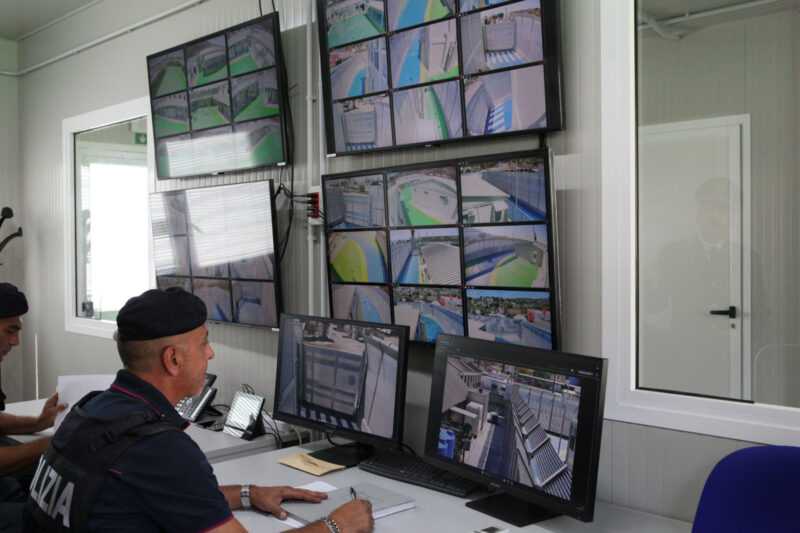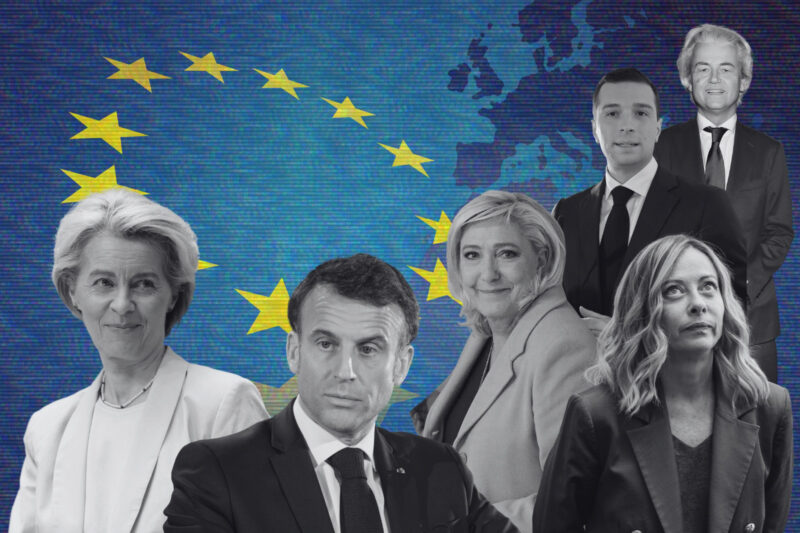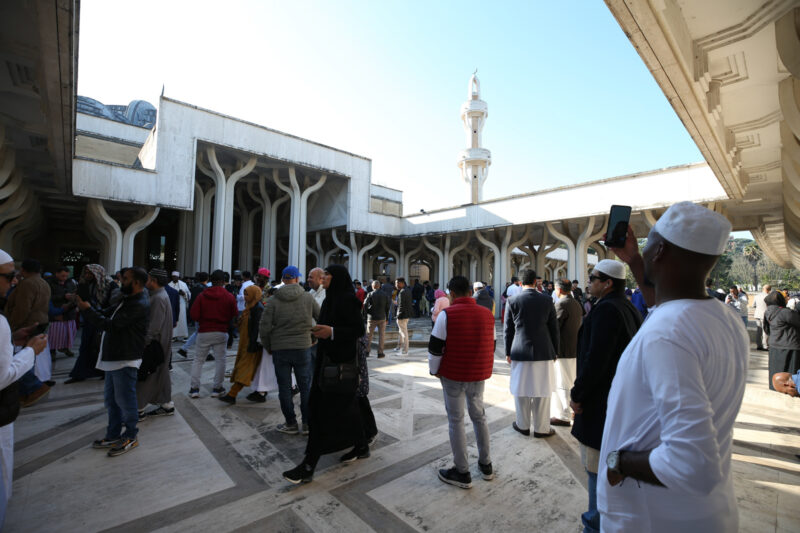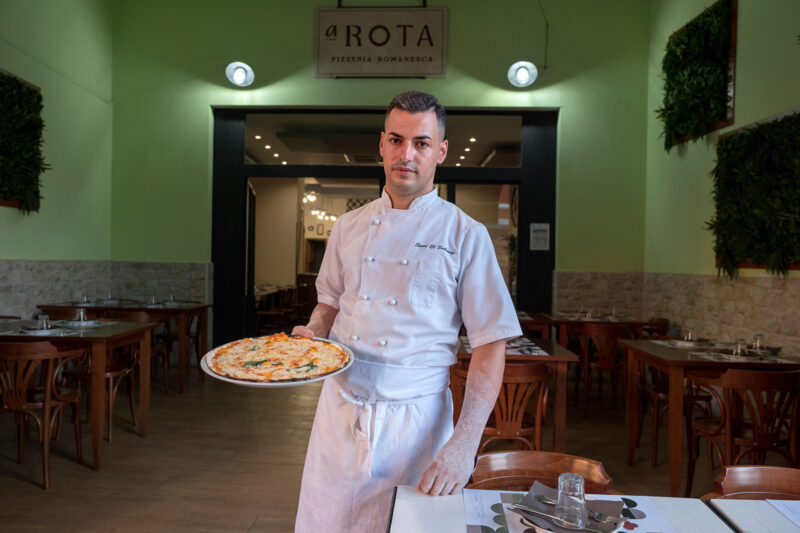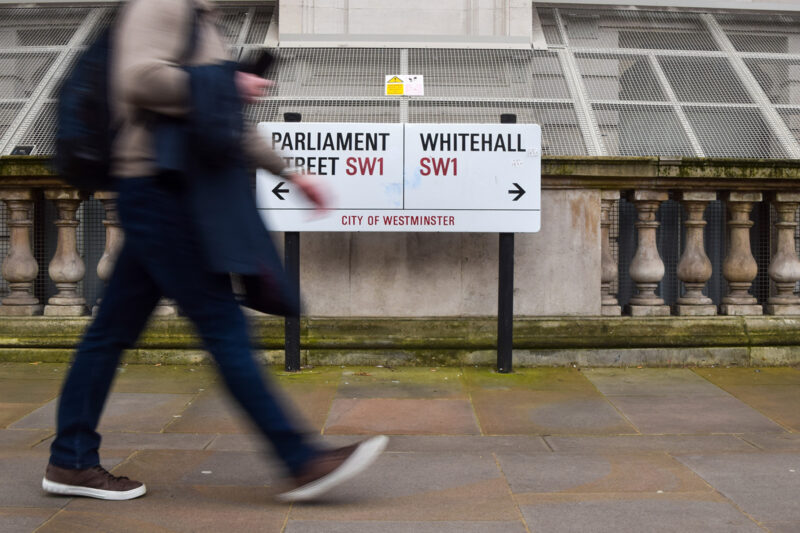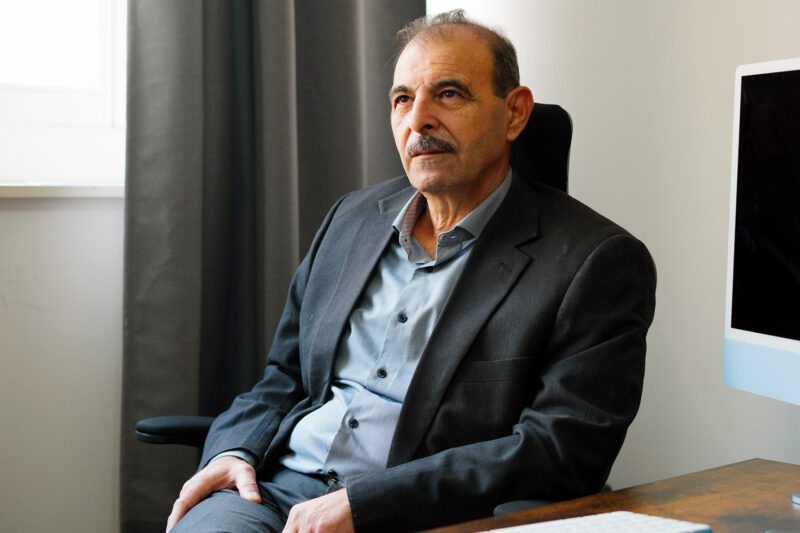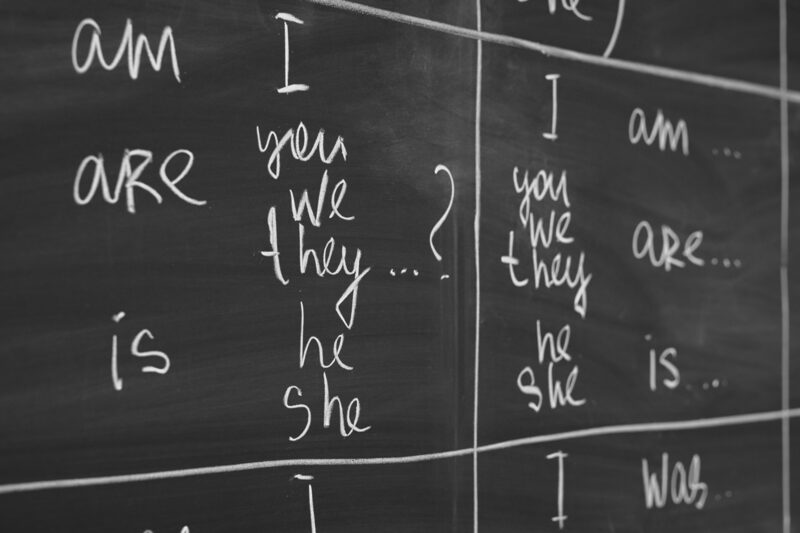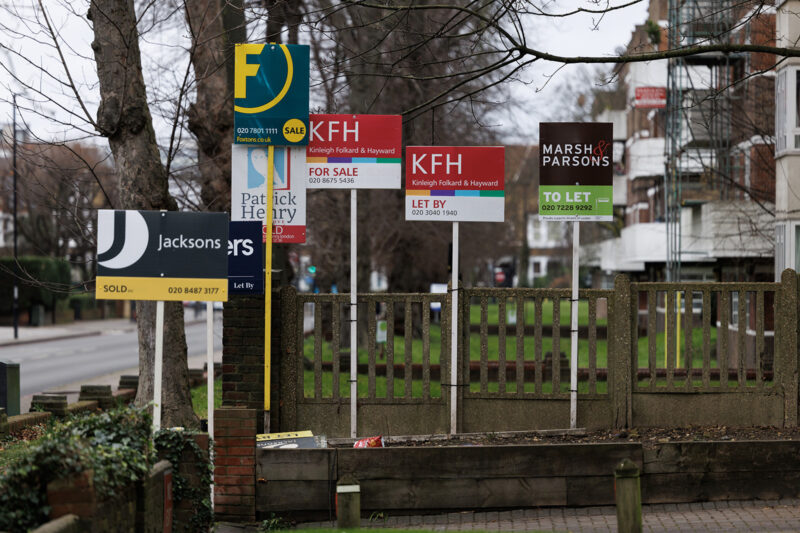Italy’s tough citizenship rules to remain after low referendum turnout
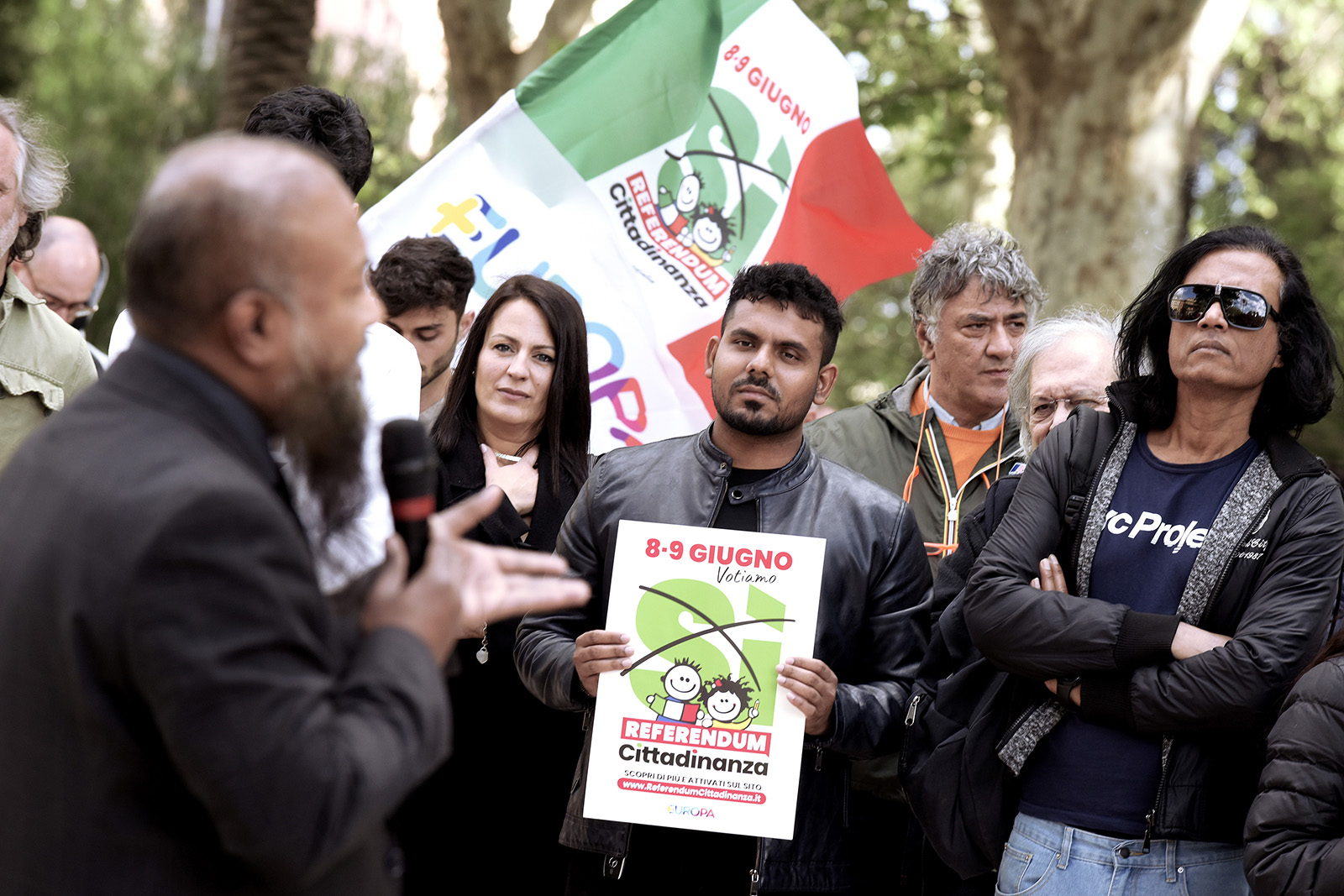
Italians Without Citizenship strikes defiant tone — but result is a blow to many Muslims in a country that does not recognise Islam
A referendum proposal to soften Italy’s strict citizenship laws for many second-generation immigrants has failed despite a majority voting in favour, as it fell foul of the minimum turnout requirement.
Just 30% of the electorate turned out to vote in Sunday and Monday’s referendum, which would have been binding had 50% of eligible voters taken part.
It means Italy’s almost 4m non-EU migrants and their families still face some of Europe’s most restrictive citizenship laws, leaving them unable to vote, run for office, work in some jobs and in some cases travel abroad.
Backers of the referendum’s citizenship proposal, called for after a petition that attracted more than 600,000 signatures, had seen it as a chance to improve the lives of, particularly, Italian-born second generation migrants — who currently cannot apply for citizenship until they turn 18 unless their parents already have it. Their plight has attracted national attention in recent years, with some forming a group called Italians Without Citizenship to draw attention to what they say is the injustice of not being fully recognised by their country of birth.
As well as earning a certain income and avoiding a criminal record, non-EU residents are required to live in Italy for 10 years — without a break — before they can apply for citizenship. The referendum asked voters if they supported reducing this to five years, which would have brought the rules in line with those of France and Germany.
In practice, it can take about three years to process an application, meaning people often wait 13 years.
Related content
In the run-up to the vote, far-right prime minister Giorgia Meloni and her coalition government publicly criticised the referendum, which did not need their permission to go ahead thanks to rules enshrined in Italy’s constitution. Meloni said she wouldn’t vote. On Monday afternoon, deputy prime minister Matteo Salvini, of the nationalist League party, celebrated the referendum’s failure to reach a quorum, saying that “citizenship is not a gift”.
Despite the turnout failing to reach the required 50% for the proposal to become law, 65% of those who showed up at the polls voted in favour of changing the current citizenship law, according to Interior Ministry data.
Marwa Mahmoud, an Egyptian-born Italian politician with the opposition centre-left Democratic party, said the referendum had acted as a “thermometer for nationalism”. The result shows how much Italians are still connected to ethnic nationalism, and the reluctance of a sizeable minority to recognise ways of being Italian other than having Italian blood, she added.
The winding path to citizenship for Italian Muslims means they are exposed to multiple vulnerabilities, Mahmoud said. “If you are not a citizen, you experience one type of discrimination,” she said. “If you are part of a religious minority, you experience another.”
Islam is not formally recognised as an official religion in Italy, despite an estimated 1.5m Muslims living in the country. For some, a lack of citizenship compounds the pain of this lack of recognition.
Ebrahim Ali is 33 and the former head of Italy’s non-profit Muslim Youth Association. He was born in Florence to Egyptian parents; like others in his position, he was unable to apply for Italian citizenship until he turned 18, eventually becoming a citizen after a few months.
Related content
“You feel like you are recognised but in little morsels,” Ali said. “While citizenship gives you full civil rights, on a more personal level there isn’t going to be a date when you know you are going to have full rights as a Muslim.”
Muslims in Italy have the constitutional right to practise their religion, but the organisations that represent them aren’t legally recognised by the state — meaning, among other things, that religious groups are ineligible for public funding and Muslim workers can’t take religious days off. It all works to widen divisions in society, according to Yassine Lafram, president of the Union of Italian Islamic Communities (UCOII).
“When the state sees young people who feel completely Italian as if they were ‘others’, it fuels a sense of exclusion which can be exploited by Islamophobic discourse,” he said.
Italians Without Citizenship, one of the promoters of this weekend’s referendum, estimates that there are more than a million people who were born and raised in Italy but do not have citizenship.
As it became clear that the majority needed to validate the referendum hadn’t been reached, Benedicta Djumpah, one of its board members, said: “We are not going anywhere. We are the lifeblood of this country.”
 Newsletter
Newsletter


